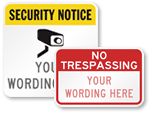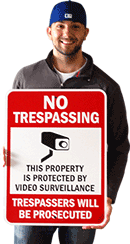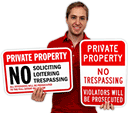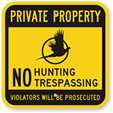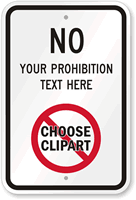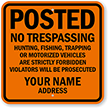Landowner liability for trespasser injuries is under review
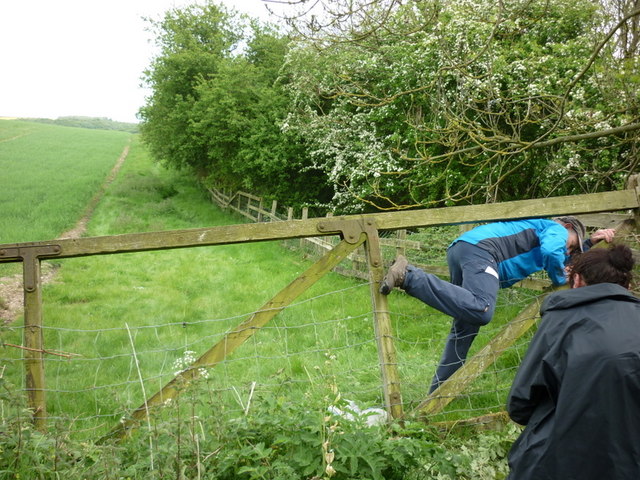
Two people slipping under the fence. Photo by Ian S, used under a Creative Commons license.
Sitting on the governor of Virginia’s desk is HB2004, an amendment to Virginia’s laws that limits the liability of the property owner when a person, trespassing on a property, gets injured.
Trespassing is an infraction as old as private property itself. This bill serves as an extra legislative layer in protecting property owners against injured, litigious trespassers. On the floor of the Virginia senate, a number of senators were unclear on how this bill differed from existing common law about trespassers, but the bill seemed sufficiently necessary to enough members of the committee, the house and the senate, who all voted it in. There’s no reason to think that the governor won’t also sign the law, as soon as he has a moment.
That a trespasser has any rights on a property he or she is trespassing on seems counterintuitive, but that has long been the case, in Virginia and in many other states in the country.
While state and local laws vary (particularly if the governing laws are common law, that is, set by precedent rather than by a bill) but in general, municipalities count trespassing as a civil infraction, and in some cases, a crime. They also, however, state that the owner of a property has certain duties to protect future trespassers from injury.
Owners must prepare for a breech of their property lines by putting up signs alerting trespassers to dangers like brush-covered deep old wells, and any other instrument of injury or death they know to exist on the property, like quicksand.
It’s not until you look at cases of litigation that the property owner stops looking like a victim, twice wronged — first by the trespassing, and second, by the responsibility for protecting the trespasser from bodily harm.
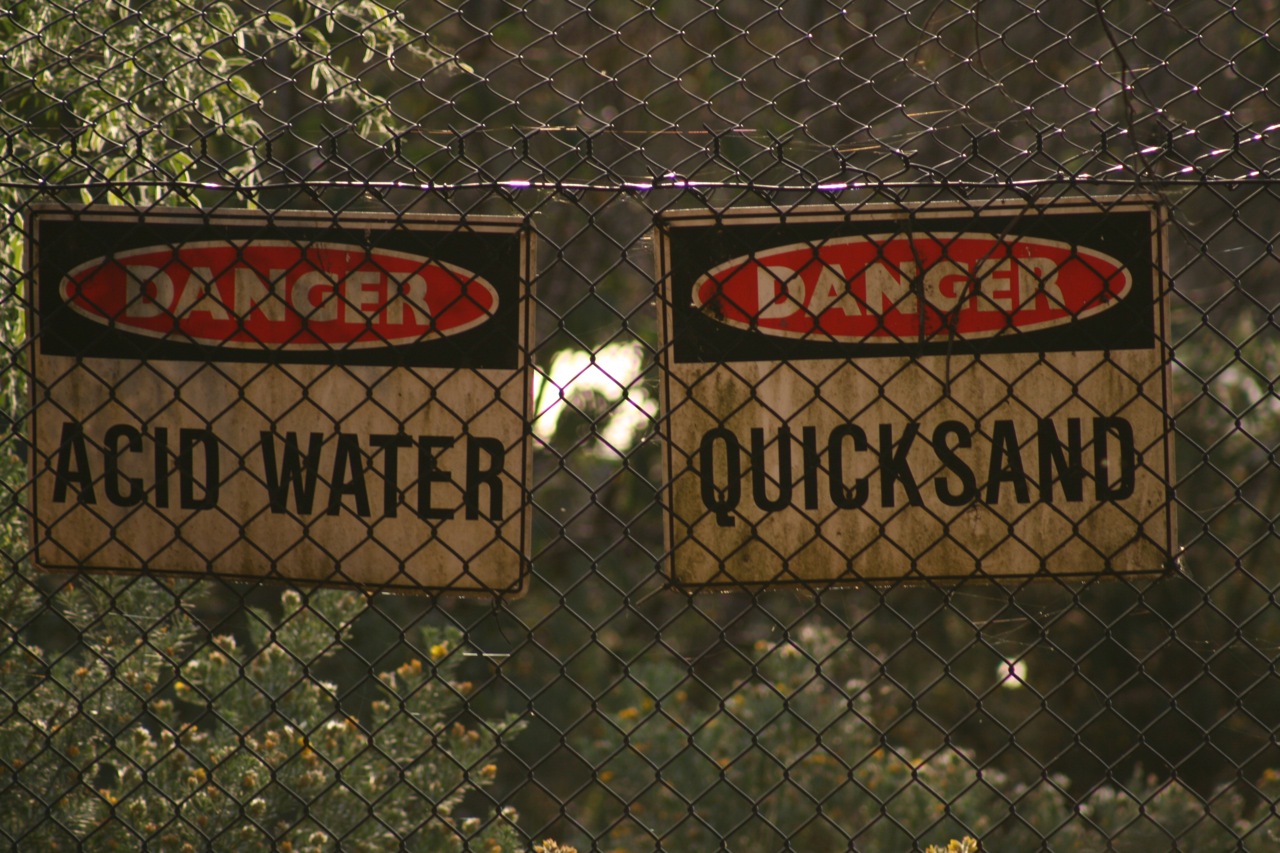
Warning even uninvited guests of potentially injurious or fatal features on your property is just the right thing to do. Photo by toholio, used under a Creative Commons license.
In the case of two teenage boys who drowned in quicksand while trespassing through a man’s property on their way to go fishing at a pond, the owner had to settle with their families to the tune of a million dollars for the wrongful death of the boys. The man had indulged in a little illegal, unregulated digging, which resulted in the patch of quicksand that killed the boys (and nearly sucked in the team originally sent to recover their bodies — they had to be rescued from the quicksand too).
The man’s patch of quicksand, which he made himself and left unmarked, became an outsized consequence to the boys’ act of trespassing. They were merely walking on the land to go fishing, and in return, they died.
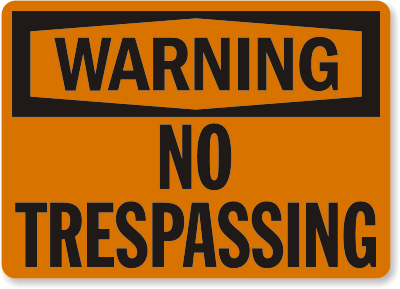
A classic no trespassing sign. Image from Smart SIgn.
If the roots of owners’ liability for trespassers still seem murky to you, consider Katko v. Briney, a precedent-setting law school staple: An Iowa man, Briney, trying to keep trespassers from entering his abandoned farmhouse, fitted the door to one of the bedrooms with a spring-loaded shotgun. A classic booby trap. Eventually, one Katko trespassed onto his property and into the boarded-up old house. Katko was certainly guilty of trespassing, and thievery wasn’t far behind. Katko was on Briney’s property in search of old bottles and fruit jars he considered antiques. Instead of loading up on tchotchkes, much of his leg was blown off, including part of his tibia. He was in the hospital for 40 days, and was seriously in danger of having his leg amputated. Again, something of an uneven punishment. How uneven? If it were up to the courts, the matching punishment for Katko would have been a $50 fine.
Virginia’s law seeks to limit the responsibilities property owners have for the wanton fancies of trespassers, traipsing uninvited around their property. But, even Virginia will not go so far as to allow a property owner to be the cruel king of his own land. HB2004 will absolve property owners of the duty to care for trespassers but they will be required to refrain from any willful, intentional or malicious acts (so if you find yourself on the wrong end of a shotgun booby trap, rest assured that’s illegal). The property owner can also be held liable if they knew the trespasser was on the property, but didn’t warn him of a hidden unsafe condition. It’s a good thing that HB2004 left legislative room for human decency.
-Aurora A.
Related articles
Category: Surveillance, Trespassing


